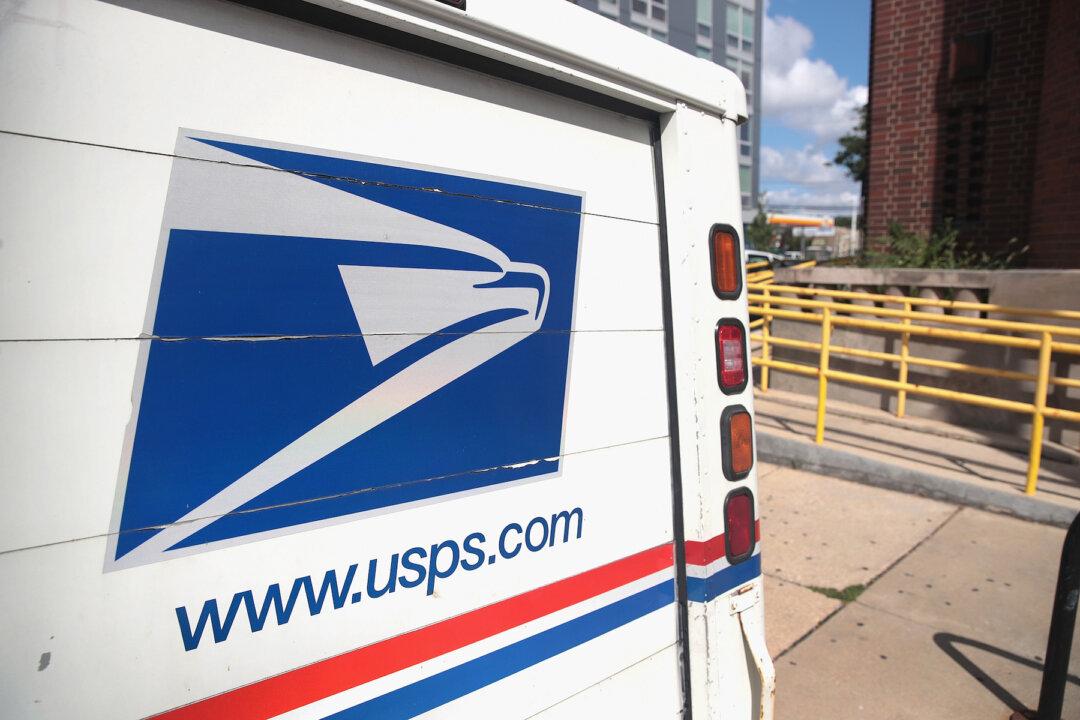Recent court filings show that the U.S. Postal Service (USPS) will disclose documents about its controversial social media surveillance program, but the government has also indicated that it may fight to keep other records secret.
USPS faces several lawsuits from nonprofit groups over its Internet Covert Operations Program (iCOP)—the existence of which was revealed in April when Yahoo News reported on an internal USPS memo about the monitoring of right-wing anti-lockdown protestors.




